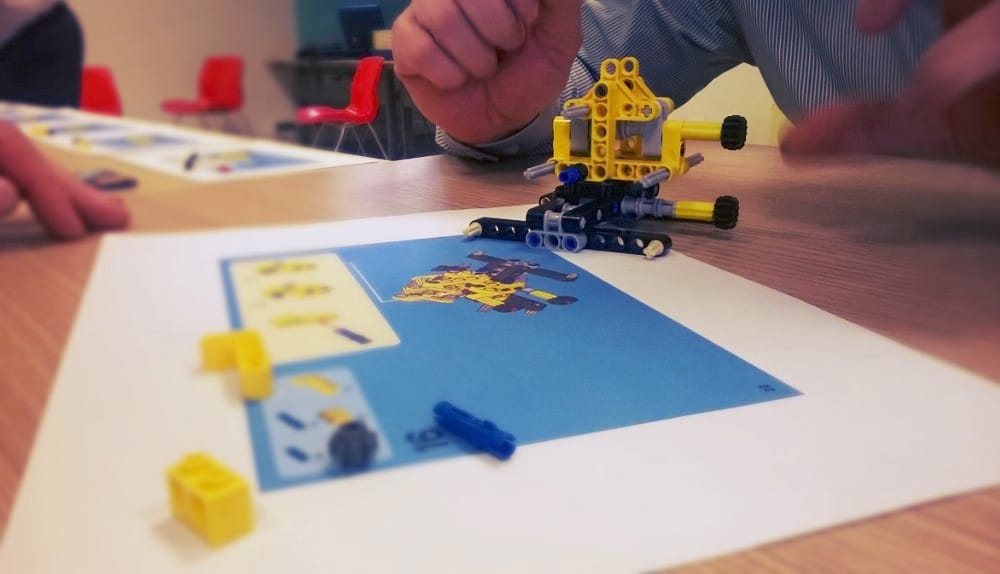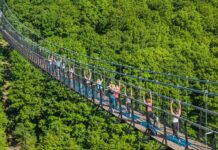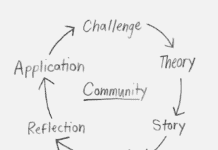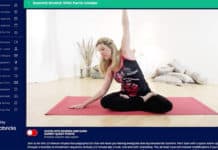
Meeting planners can take notes from their children and the new teaching methods being developed in schools across the country.
Experts realize that students learn best in a variety of different ways—not simply sitting at a desk and being lectured from a PowerPoint presentation. Meeting attendees learn the exact same way, which is why meeting professionals continue to create new methods of training and education at meetings, according to experts at The National Conference Center, a meeting and training facility in Leesburg, Va. Here are four methods of experiential learning that can enhance your next event.
Barrier-Free Learning
Take away the classroom setup and create an open lab-like space for attendees to interact and engage with different tools. Give them discussion topics to write down as a group on a large pad of paper or give them individual sticky notes that they can stick to a bigger board for the entire room of attendees to see.
Learning by Sharing
Team building activities always bring attendees together because they put everyone, regardless of title, on the same playing field. Getting participants out of their comfort zone and working on a problem-solving task can bring a lot of perspective to the team. One way of doing this is by encouraging attendees to participate in an Escape Room, where each person’s skills will be used.
The Power of Silence
Meeting planners continue to realize how productive silence can be at a conference. Incorporating meditation and yoga into an event helps attendees reset and approach learning from a more basic, grounded level.
Applying What Was Learned
Creating methods for attendees to take what they’ve learned back to the office extends the life of the meeting. Individual debrief meetings, professional coaching sessions or one-on-one phone conversations that take place one, two or three months after the meeting can be extremely beneficial for attendees as well as planners evaluating what went well for the next meeting.










